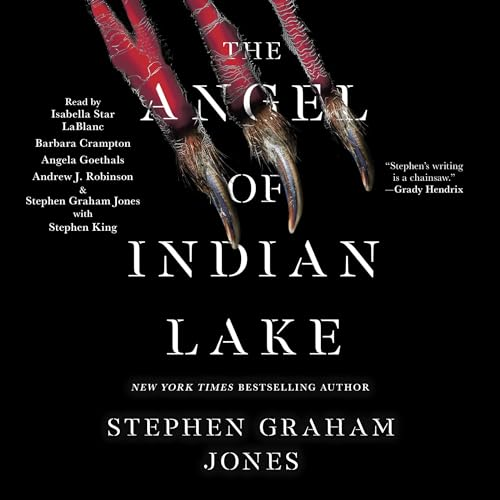I was first introduced to Ralph Waldo Emerson in high school. I don’t recall exactly what I first read, I simply remember carrying his collected works around, along with my journal. Writing and Emerson to me were synonymous and my writing wasn’t writing unless it came after reading some Emerson. His essay on Self Reliance was what I needed and desired to hear at that time. I was a young man, coming into age, I was boxing and finding my self. 20 years later and Emerson is still my go to intellectual when I am going through some rough times, or simply stuck inside my head, and not in a productive way.
For those of you who are not familiar with Emerson, his upbringing and philosophy, this video below created by the Pursuit of Wonder provides a wonderful overview of his life and works:
Ralph Waldo Emerson was an American essayist, lecturer, philosopher, and poet who led the transcendentalist movement of the mid-19th century. Below are the top ten works produced by this prolific intellect:
- Nature (essay): This is the essay in which he put forward the foundation of Transcendentalism, a belief system that espouses a non-traditional appreciation of nature. He believed that one can learn to understand reality by studying nature.
- Self Reliance (essay): Emerson says “Trust thyself”. It is about trusting the force within you, working in harmony with your inner self (particularly the laws of nature), doing things naturally instead of mechanically.
- Brahma (Poem): Named for the Hindu god of creation, this poem is both religious and not at the same time.
- The American Scholar (speech): This is his speech given to the Phi Beta Kappa society at Cambridge University in which he stated the need for America to declare an intellectual independence from Europe and to develop our nation’s own identity.
- Politics (essay): This essay lays out his ideas on politics – being in favor of democracy and individualism. He was very opposed to the State and even goes so far as to say, “Every actual state is corrupt.
- The Poet (essay): This essay offers a profound look at poetry’s role in society. It was a major influence for Walt Whitman to publish his own book of poetry, Leaves of Grass.
- Experience (essay): An essay about the over-intellectualization of life and why utopian societies will never work. Quite astounding for someone of that era.
- The Snow Storm (poem): A beautiful rendition of both the fury or a nighttime winter storm as well as the creative artistry it brings. A poem which runs from furious conflict to slow appreciation in the period of a few lines.
- Divinity School Address (speech): A speech given to the graduating class of Harvard Divinity School, it argues that moral intuition is more important than religious doctrine.
- Uriel (poem): A tale of Gods and Goddesses, lines vs circles in nature, and the difference between “understanding” and “reason”. This poem, while deep and complex, has everything.






Leave a Reply